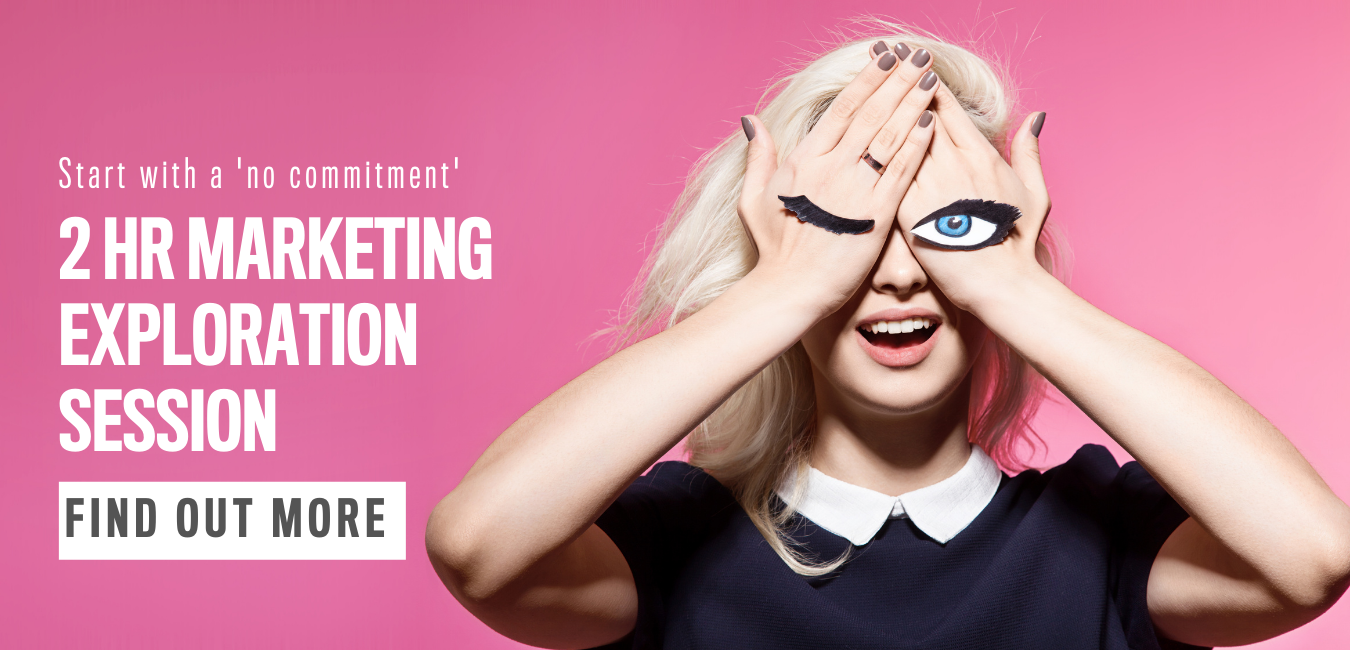With Aussies spending nearly 2 hours a day on social media, it is no wonder they are being targeted by more and more scammers on Facebook and Instagram.
It is no doubt that you have experienced the ridiculous number of ads now proliferating our feeds. At some point, you have likely been scammed by an order from a fake business or getting a product that looked nothing like what was advertised. I have also fallen victim to it, unfortunately.
According to Australia’s Competition and Consumer Commission Scamwatch, Australians have lost over $93 million in scams on social media in 2023. These figures are believed to be much higher as not all scams are reported. Bloody scary right?
The data indicates that over 65-year-olds are increasingly falling victim to social media scams, with losses up 57% on the previous quarter, with Meta’s platforms accounting for 81% of all social media scam reports made by them.
And what is Meta doing about it?
I have personally reported many scams, and nothing was done about any of them. Because these very scammers are spending millions in ad dollars so they are a lucrative part of the Meta platform.
The findings in the latest National Anti-Scam Centre quarterly report prompted Assistant Treasurer Stephen Jones to rebuke social media giant Meta for doing too little to crack down on scammers on its site, with the new data indicating older Australians were increasingly falling victim to Facebook swindlers.
Meta is the biggest part of the problem, and they don’t appear to be taking meaningful action to stop the criminal activity occurring on its platforms.
In the US, Pew data from the Federal Trade Commission shows that scams originating on social media have accounted for $2.7 billion in reported losses since 2021, more than any other contact method. Ouch!!
Meta’s response is that it’s nearly impossible to prevent losses by scammers due to the way scammers rapidly evolve their tactics to evade detection. If course, I am sure we would see a solution if Meta themselves were being scammed, hey Zuck?
Some of the scams you will find on Facebook involve Marketplace scams, fake investment scams, and impersonation scams with a number of celebrities claiming false AI images are being used to impersonate them to sell products.
Then of course you have the many shopping scams with fake stores that will show the same ad with a different business name. Or share a website that looks real, but you never actually get the product you pay for. I see these constantly.
Why does this impact your marketing efforts on socials?
- Increasingly, we have become pessimistic about the stuff we see now. Is it another scam that I need to be aware of? Or is it legit? We are becoming scared to buy because we are afraid of being ripped off or having personal financial information stolen.
- The scammers are spending millions on ads which increases demand and pushes the prices up for you, so you are paying more for your Facebook & Instagram ads that are less effective than ever before.
- This leads to the next point of them being less effective. More competition means less clicks for you and a worsening ROI
- Your organic content is getting lost in a sea of crap (literally). Just scroll through a feed and every 2-3 organic posts is followed by an ad or a suggested page or something we probably don’t want to see
- It just feels icky! (That’s a very scientific term BTW). Facebook & Instagram are no longer safe spaces to interact with people in our community. Fake profiles, AI-based scams, bots, feeds packed with ads…… it’s like hanging out in the dark streets of New York in the 80s, you just don’t want to be there.
So, what is the solution?
The most obvious is to not use social media or limit your activity. We don’t need it to survive or run a business (you have just been fooled into thinking you do).
I wrote about how to minimise scams in a previous blog so take a look at that HERE, too.
From a marketing perspective, ad prices are increasing, organic reach is in the toilet, and attention spans are decreasing faster than a real housewife on Ozempic’s waistline. So why spend hundreds or thousands a month on Facebook ads, creating reels & TikToks, and slowly building followers on an asset you do not own??
Continues to make little sense to me.
INSTEAD
- Focus on your owned assets (that you have full control over)
- Be selective about what social channels (if any) that you want to share on
- Learn the art of communication and starting conversations
- Use retro marketing that gets cut through
- Be realistic and remember that most B2B service-based businesses do not generate a gazillion in sales from socials
So next time you jump onto Facebook or Instagram and have an innocent scroll through your feed, be super mindful of the number of scammers that are just waiting for you to click on a link. It’s a bit like a spider in a web waiting for its prey to get caught.
Be cautious, trust your gut but best of all, spend less time on social and more with the people you love.
If you want to market your business without focusing on social media then book an Exploration Session and we can map out a plan.






